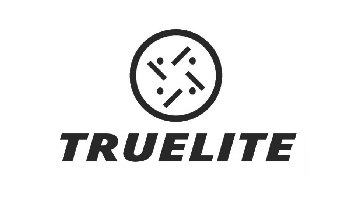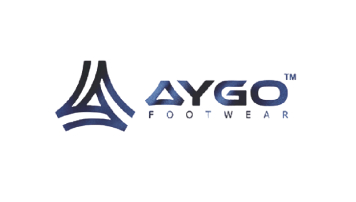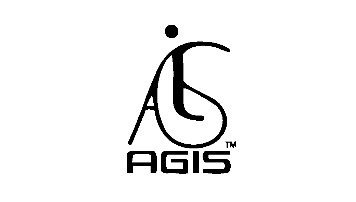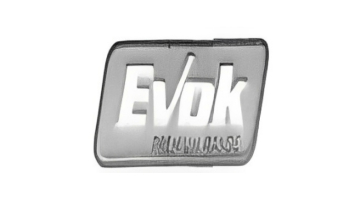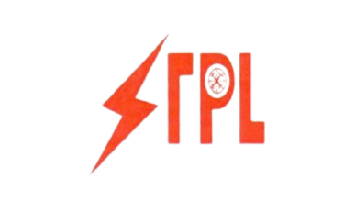Extended Producer Responsibility (EPR) for E-Waste Management is a mandatory compliance under the E-Waste (Management) Rules, 2022, governed by the Central Pollution Control Board (CPCB). It ensures that producers, importers, and brand owners of electrical and electronic equipment (EEE) are responsible for the collection, recycling, and eco-friendly disposal of electronic waste generated from their products.
The aim is to minimize environmental hazards, promote recycling, and encourage sustainable handling of e-waste across India. Producers – Manufacturers of electrical & electronic equipment (EEE). Importers – Entities importing EEE into India. Brand Owners – Companies selling EEE under their own brand name. Refurbishers & Recyclers – Involved in dismantling, collection, or recycling of e-waste. Legal Compliance: Fulfill CPCB regulations and avoid penalties. Environmental Protection: Reduce hazardous waste and promote recycling. Brand Trust: Demonstrates responsibility towards sustainability. Market Access: Required for selling/importing EEE in India. Circular Economy: Encourages reuse, recovery, and recycling of valuable resources. The fee depends on the production/import capacity of electronic goods. (CPCB prescribes slab-based fees – can be customized based on PIBO size). EPR Authorization for E-Waste is a crucial step for manufacturers, importers, and brand owners in India’s electronics sector. By ensuring compliance with CPCB norms, businesses not only avoid legal challenges but also contribute towards a sustainable environment. Our experts provide end-to-end support in filing applications, preparing documentation, drafting action plans, and coordinating with CPCB until you receive your certificate. EPR Registration for E-Waste | Process | Documents | Fees
Get connect with us
Who Needs EPR Registration for E-Waste?
Key Benefits of EPR for E-Waste
EPR Registration Process for E-Waste
Documents Required for EPR E-Waste Registration
Government Fees for EPR E-Waste Registration
Post-Registration Responsibilities
Conclusion
Our Partners

